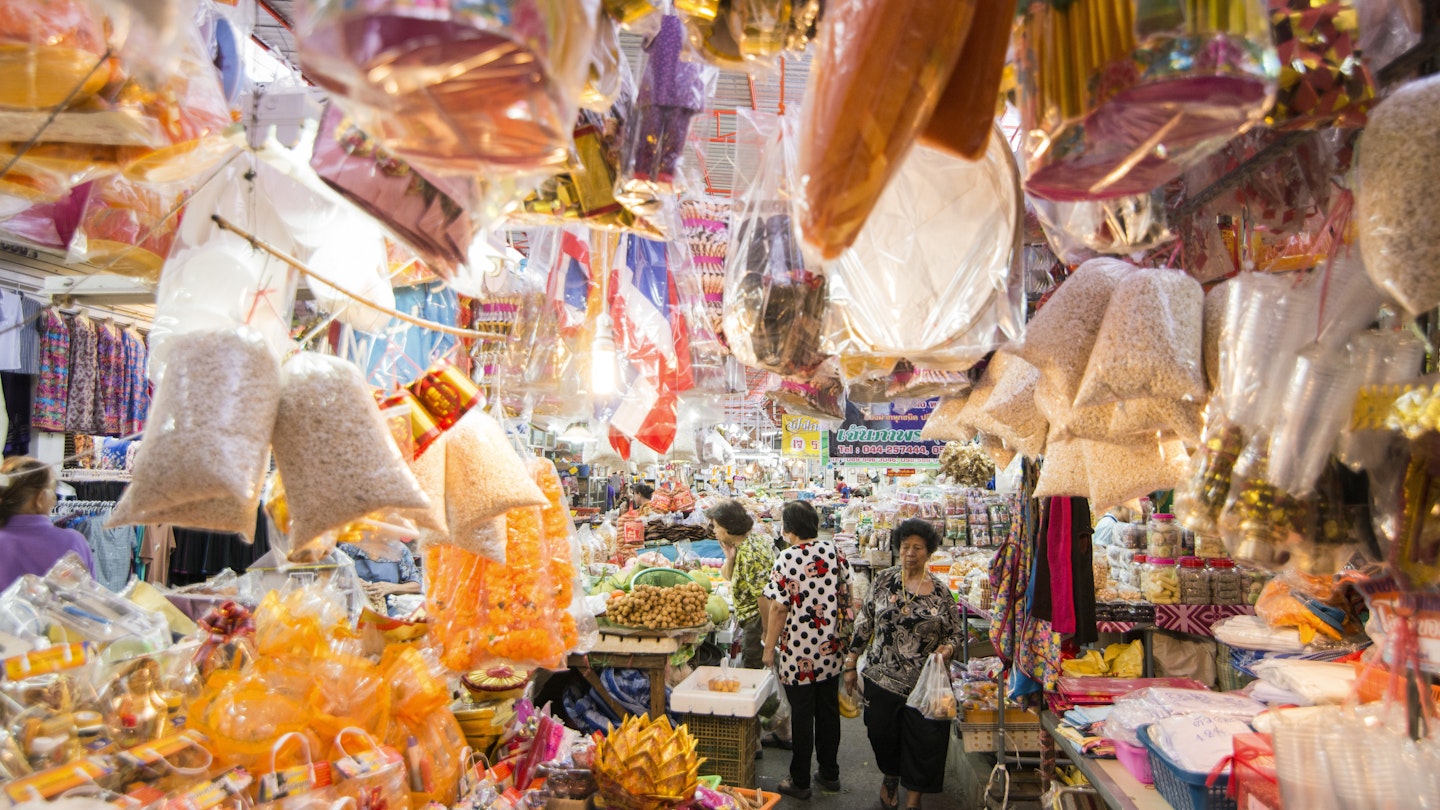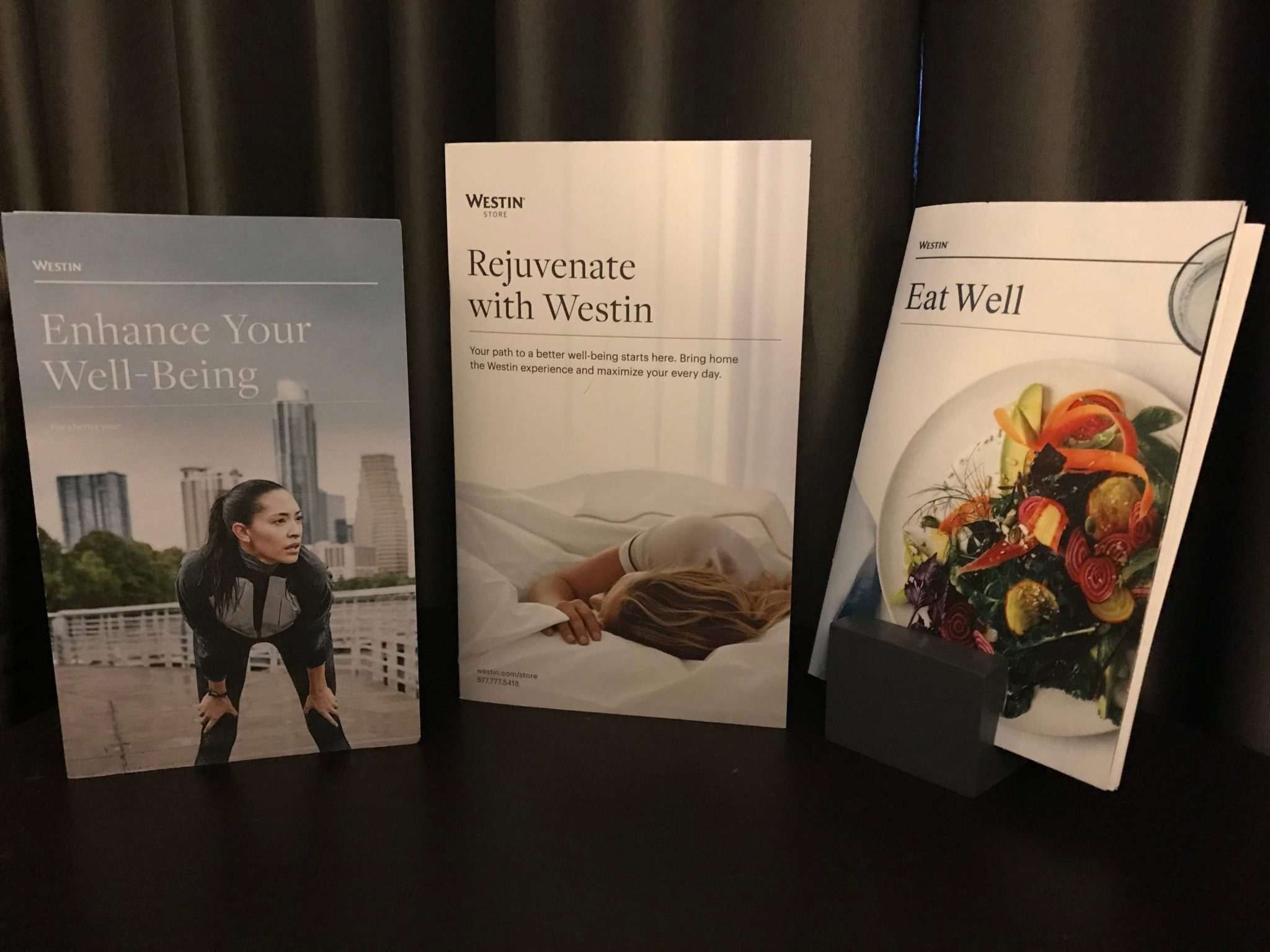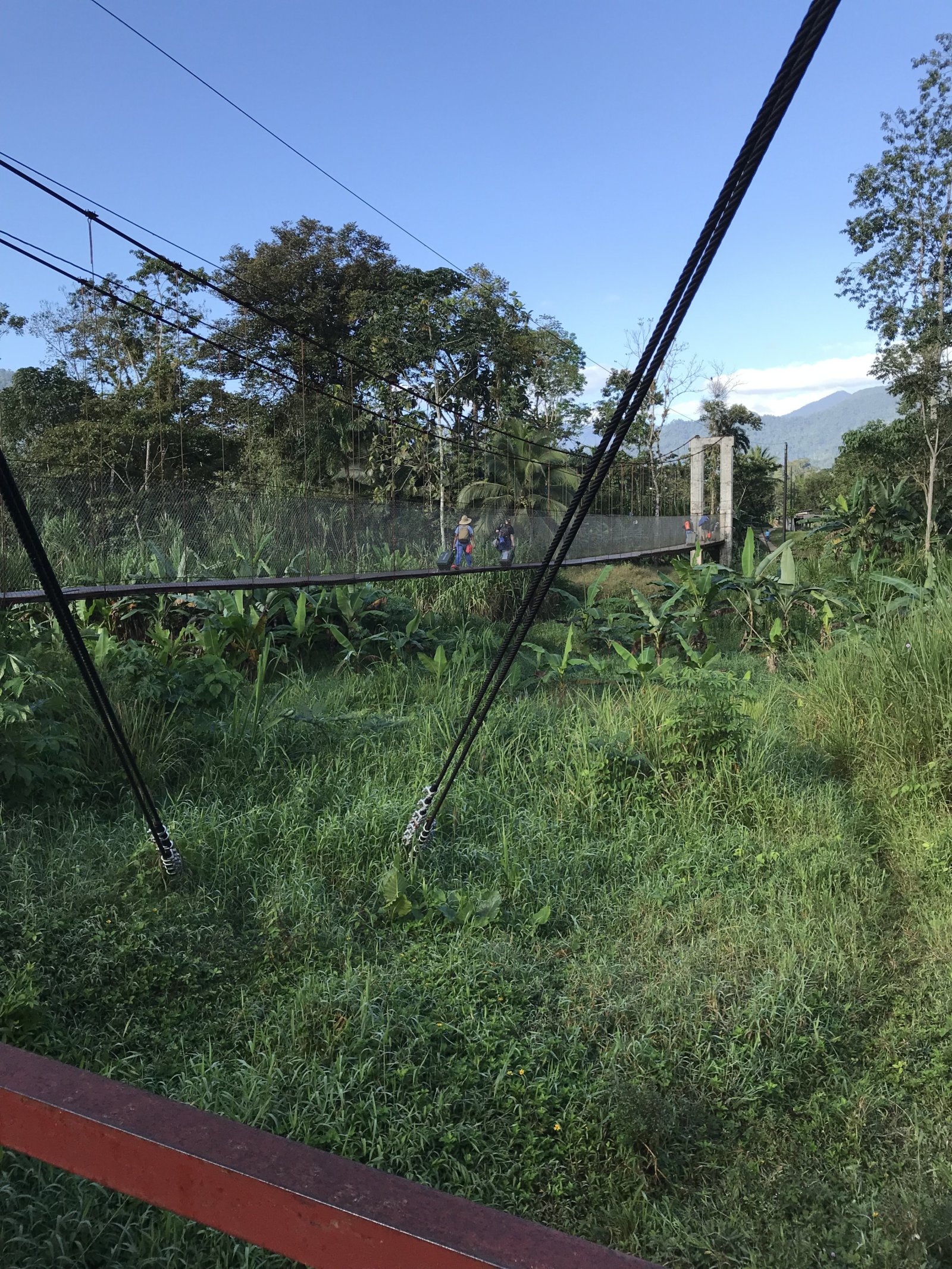People often say that to truly know Thailand, you must eat like the locals. This means shopping for ingredients the way Thais do – in bustling markets, supermarkets, and specialty stores. Each shopping experience offers unique insights into Thai culture and cuisine, particularly at local wet and floating markets, which often serve as microcosms of the neighborhoods they represent.
After all, what traveler hasn’t filled their Instagram feeds with shots of the produce at famous markets worldwide? Markets provide intimate glimpses into other lives and tables, offering informal tours that can be as affordable as you desire.
Where to Get Your Thai Foodie Fix
Thailand’s many night markets remain popular for both tourists and locals seeking a fun night out with inexpensive food and unique snacks, such as “dancing shrimp” (baby shrimp tossed in a spicy dressing). In contrast, floating markets offer a more varied and authentic food experience, particularly in terms of fruit and ready-to-go snacks like mango sticky rice.

Wet Markets
The most popular place among Thais to buy groceries remains the open-air market, often referred to as a “wet market” due to its perishable goods. Each market caters to its own clientele, resulting in various flavors and offerings. Klong Toei, located in central Bangkok, stands out for its variety, serving as a beating heart for the capital’s food scene.
Supermarkets
For a less chaotic experience, locals often prefer larger supermarkets, known as “supers” in Thai. The range of options varies from upscale to budget-friendly, offering everything from gourmet imports to everyday essentials. Popular choices include Central Food Hall, Gourmet Market, Villa Market, and Big C, catering to various needs and preferences.
Convenience Stores
If you’re looking for basics like milk or eggs, convenience stores are abundant. 7-Eleven, with over 14,000 outlets across Thailand, provides essentials along with quick snacks.
International Foods
Bangkok’s diverse neighborhoods bring international flavors to the forefront. In areas with large Japanese communities, stores like Lawson offer familiar Japanese products. Meanwhile, Chinatown is a treasure trove of specialty items, from traditional Chinese medicinal ingredients to unique snacks.
How to Shop Like a Thai
Products in Thai wet markets are highly seasonal and local. Each season brings its own bounty, from summer fruits like mangoes and durians to fresh herbs and vegetables during the cooler months. Regional markets often highlight unique specialties, allowing for a deeper connection to local practices and flavors.

Thai Must-Buy Products
Fresh Herbs and Spices
Thai food lovers should consider bringing home key ingredients foundational to many dishes: makrut lime leaves, lemongrass, and galangal. These herbs are typically cheaper in Thailand and freeze well, making them excellent souvenirs for culinary enthusiasts.
Thai Curry Pastes
Thai curry pastes make great souvenirs to simplify cooking traditional dishes at home. Be sure to explore various options for red, green, and yellow curries, along with unique offerings like massaman curry or sour curry pastes from brands like Lobo.

Thai Pantry Staples
Buying nam pla (fish sauce) and soy sauce in Thailand is often significantly cheaper than abroad, with a wide variety available. For those seeking artisan products, Bo.lan Grocer offers excellent sources of local ingredients. Other essential products include nam prik pao (roasted chili jam) and palm sugar, which can add authentic flavors to many dishes.
Fresh Produce
The best fresh souvenirs are Thai fruits, like mangoes and mangosteens. These fruits are often much fresher and cheaper than those found in international markets, making them ideal for travelers.
Snacks and Unique Finds
Thailand offers countless unique snacks that are worth exploring while visiting. From flavored potato chips to local sweets, these snacks encapsulate the diverse and rich flavors of Thai culture. Tasting a wide variety provides insights into local preferences and trends.
Top Tips for Thai Food Shopping
Shopping Etiquette
When haggling in open-air markets, maintain a polite demeanor. Remember that aggressive haggling is frowned upon in Thailand. Additionally, supermarkets generally have fixed prices, and customers must weigh their own produce before checking out.
Best Times to Shop
Weekends are peak shopping times, making weekdays preferable for those looking to avoid crowds. Early weekday afternoons are especially calm, allowing for a more relaxed shopping experience.
Payment Methods
In open-air markets, cash is king, while supermarkets and convenience stores usually accept credit and debit cards. Being prepared with cash can enhance the shopping experience, particularly in local markets.





